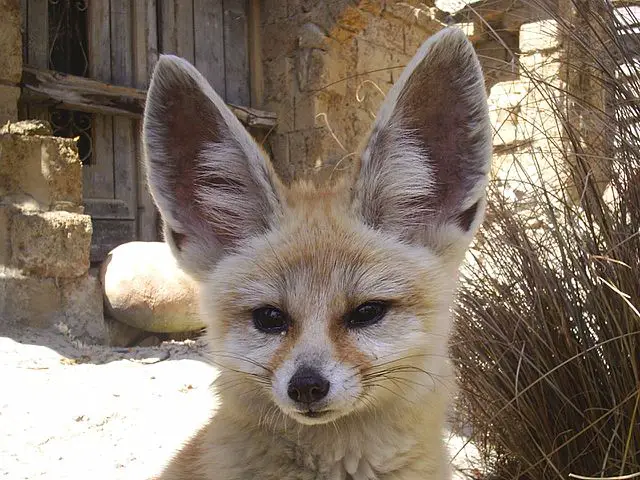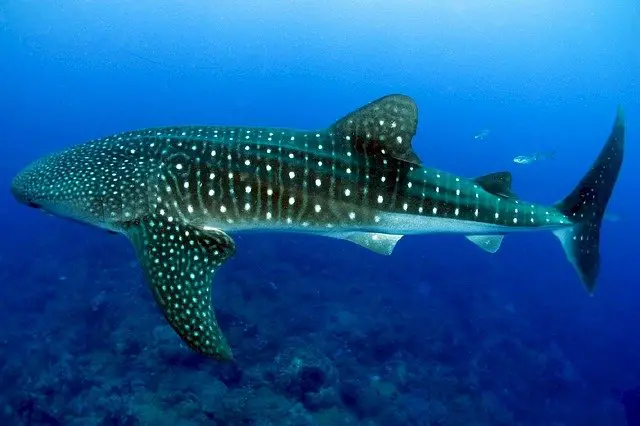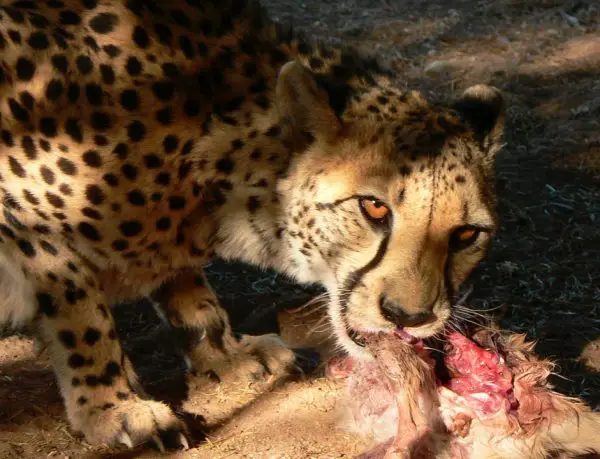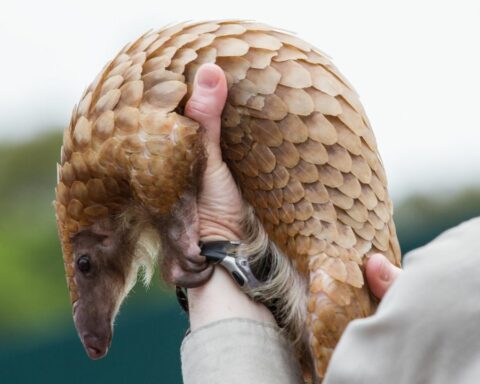In the fascinating world of science, genetics stands as a beacon of discovery, unraveling the mysteries of life itself. Yet, for young students, the realm of genes and DNA can often seem like an intricate puzzle, too complex to comprehend. But fear not, for in today’s fast-paced digital age, captivating young minds and instilling a passion for genetics have never been more accessible and exciting. Imagine a classroom alive with curiosity, where budding scientists eagerly delve into the secrets of heredity and variation, all while having a blast! I
In this blog post, we will explore innovative and engaging ways to spark the interest of our youngest learners, transforming the enigma of genetics into a thrilling adventure they can’t wait to embark upon. Without further ado, let’s get started.

Hands-On Experiments
Hands-on experiments serve as a dynamic gateway to ignite young students’ interest in genetics. By providing tangible experiences, these activities make abstract genetic concepts more accessible and engaging. For instance, you can get DNA and RNA extraction kits for universities to enable students to extract genetic material from various sources, such as strawberries or saliva samples. This hands-on approach allows students to witness the tangible aspects of genetics, bridging the gap between theoretical knowledge and real-world applications.
These hands-on encounters not only foster a deeper understanding of genetics but also encourage curiosity and critical thinking. Moreover, they enable students to actively participate in the learning process, turning genetics into an exciting and memorable educational adventure.
Storytelling and Fiction
Storytelling and fiction are powerful tools for captivating young students’ interest in genetics. Through age-appropriate books, comics, or animations featuring relatable characters and genetic adventures, students can explore the fascinating world of genetics in a captivating narrative format. These imaginative tales can make complex genetic concepts more digestible, relatable, and enjoyable, fostering curiosity and a sense of wonder.
By weaving genetic themes into stories, educators can bridge the gap between science and imagination, helping students see genetics as not just a subject in a textbook but as an exciting journey filled with discovery and endless possibilities.
Gamification
Gamification offers an exciting avenue to spark young students’ interest in genetics by transforming learning into a playful adventure. Educational games and apps designed around genetic concepts can engage students with interactive challenges, puzzles, and simulations. These games not only make learning genetics enjoyable but also encourage problem-solving, critical thinking, and healthy competition.
As students progress through levels, unlock achievements, and collaborate with peers, they develop a deeper understanding of genetic principles while having fun. Gamification not only fosters a love for genetics but also reinforces key concepts in an interactive and memorable way, making it a valuable addition to the classroom or at-home learning experience.
Real-Life Examples

Connecting genetics to real-life examples is a compelling strategy to captivate young students’ interest in the subject. By discussing relatable topics such as hereditary traits in pets, the concept of family traits, or famous genetic discoveries like Gregor Mendel’s experiments with pea plants, students can see the practical relevance of genetics in their everyday lives.
These real-life connections bring abstract genetic concepts down to Earth, making them relatable and intriguing. It helps students appreciate that genetics is not just an academic subject but a powerful tool for understanding the world around them, fostering curiosity and a desire to explore the genetic mysteries that surround them.
Incorporating hands-on experiments, storytelling, gamification, and real-life examples into genetics education can transform a seemingly complex subject into an exciting journey of discovery for young students. These engaging approaches not only make genetics more accessible but also nurture curiosity and critical thinking skills. By connecting genetic principles to tangible experiences and relatable scenarios, educators can inspire a lifelong fascination with genetics, encouraging students to explore the mysteries of inheritance and DNA with enthusiasm and wonder.









